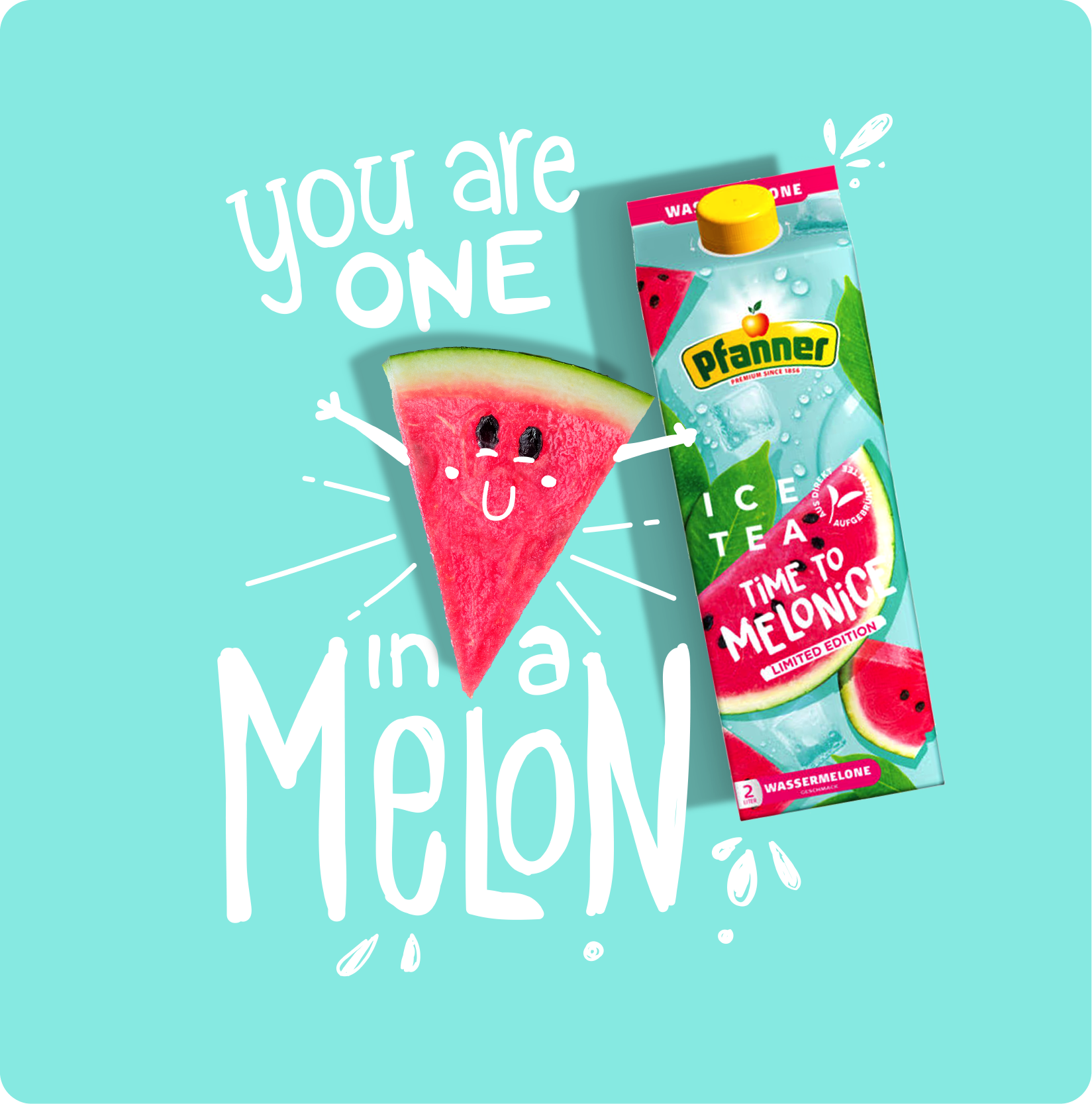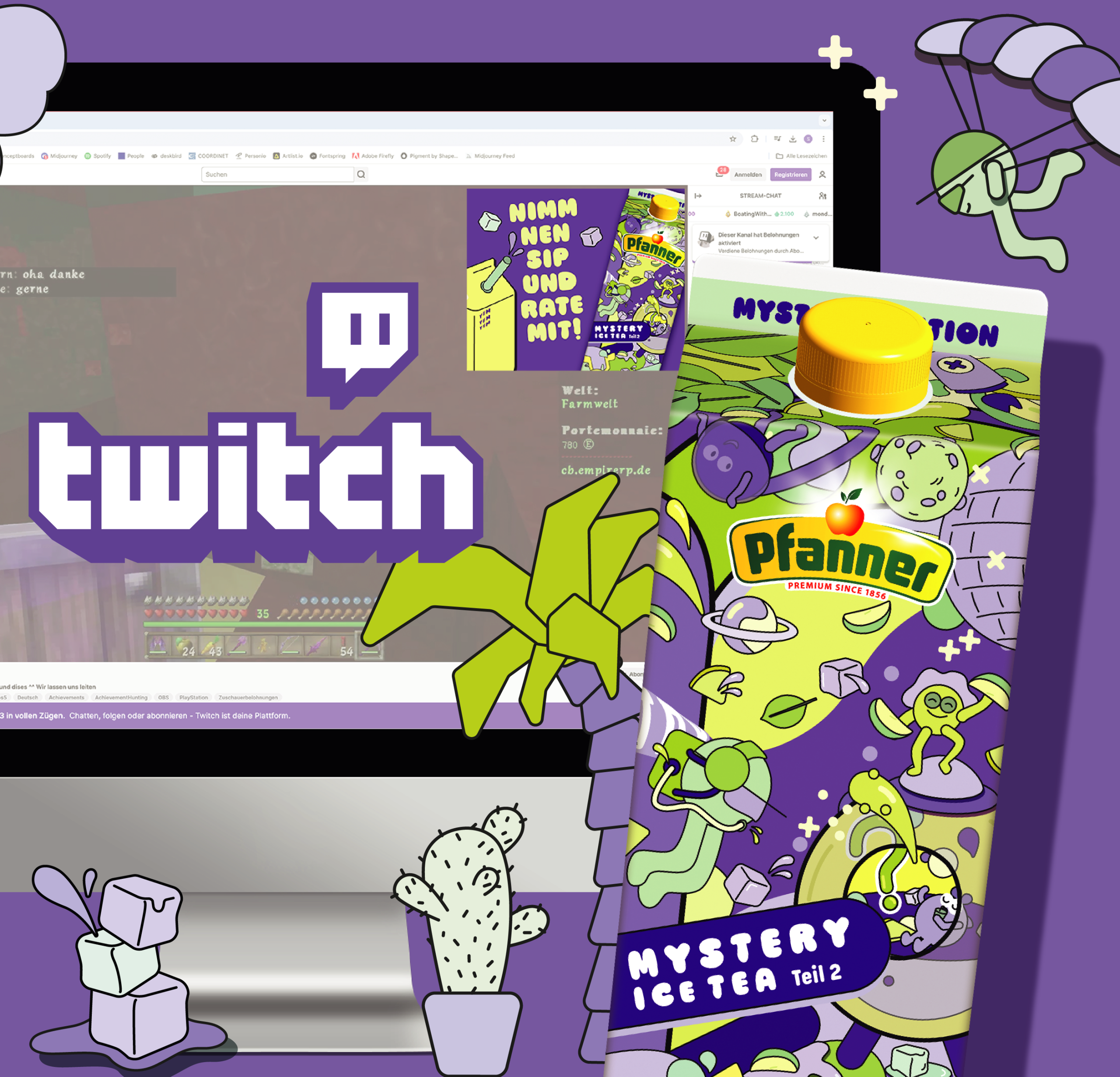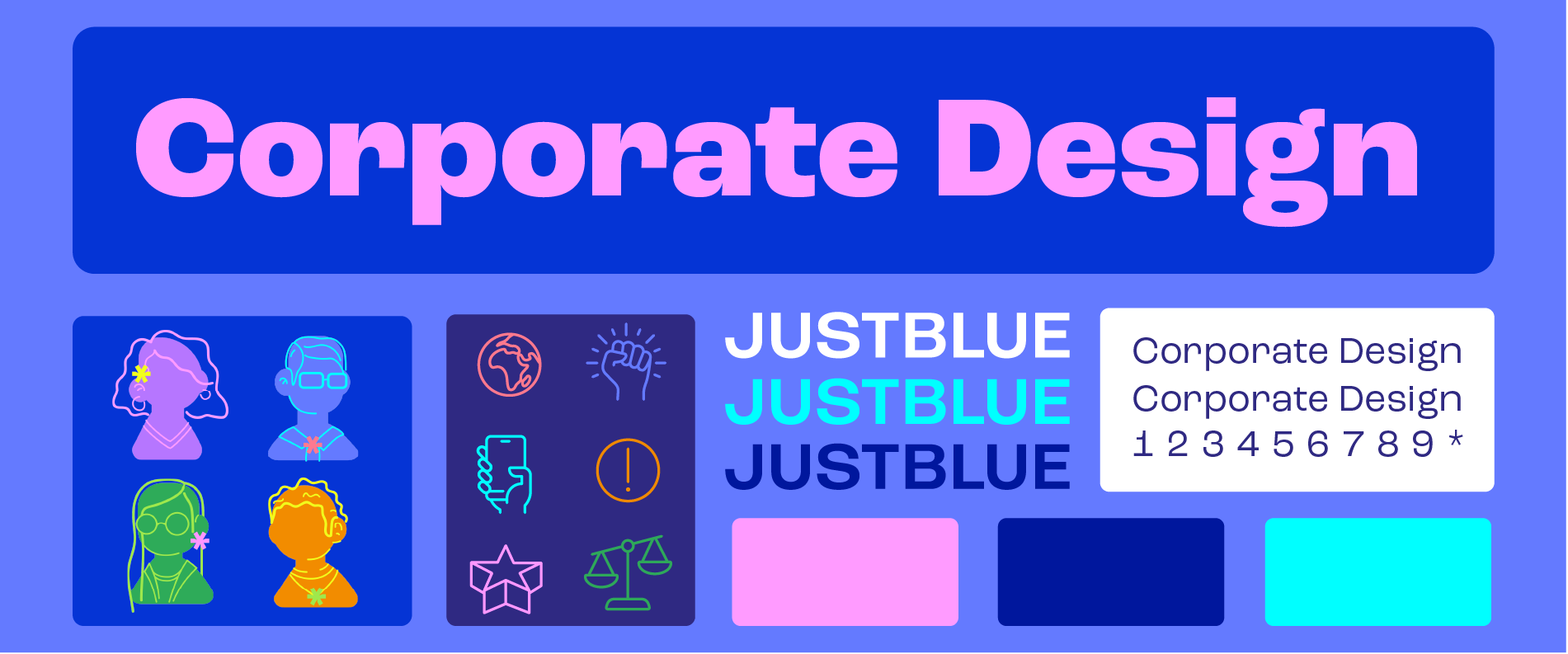Gen Z: Definition, Characteristics, and Values
Who Is Gen Z?
Generation Z, often abbreviated as “Gen Z,” is a demographic group that comes after Generation Y (also known as Millennials). Gen Z generally includes people born in the late 1990s or early 2000s. Members of Generation Z have grown up in a world shaped by technology and social media. They have had access to smartphones, tablets, and the internet from a young age, making them highly skilled in digital communication and technological proficiency.
Key Facts About Gen Z at a Glance
Years of Birth:
Members of Generation Z were generally born between 1995 and 2010.
Grown Up in a Digital World:
Gen Z has grown up in a world shaped by digital technology and the internet. They are therefore often referred to as “Digital Natives.”
Social Awareness:
Generation Z is known for its strong social and environmental awareness. They advocate for social justice, environmental protection, and diversity.
Independence and Personal Fulfillment:
Generation Z often shows a strong drive for freedom and self-fulfillment. Meaningfulness and enjoyment at work hold great importance for this demographic group.
Characteristics and Interests of Generation Z
The most important values and characteristics of Gen Z – this is what defines Generation Z:
Tech-Savvy:
Raised in the digital world, skilled in using digital media.
Environment & Sustainability:
Strong environmental awareness, prefers sustainable consumption and ethical brands.
Multiculturalism and Diversity:
Places great importance on diversity and inclusion.
Activism and Social Engagement:
Advocates for social and political issues such as environmental protection, social justice, and equality.
Self Fulfillment:
Seeks to develop personal interests and talents, pursuing open career paths that align with their own values.
Technology and Social Media
Generation Z is the first to grow up in a digital world. Smartphones, social media, and the internet are an integral part of their lives. They are generally very skilled in using digital media and use them for communication, entertainment, and education.
Environmental Awareness
The generation is known for its strong environmental awareness. It shows an increased interest in sustainable consumption and ethical brands. Members of this demographic group pay attention to the social and ecological impact of their purchases. In recent years, members of Gen Z have actively engaged in climate protection. The “Fridays for Future” movement, initiated by Swedish activist Greta Thunberg, has inspired thousands of young people worldwide to demonstrate for action against climate change and demand political change.
Multiculturalism and Diversity
Gen Z is often more diverse and multicultural than previous generations. They place great importance on diversity and inclusion. Growing up in a globalized world, they have easier access to different cultures and perspectives. As a result, Gen Z highly values diversity and inclusion. They appreciate diversity in terms of ethnicity, gender, sexual orientation, and cultural background, and they advocate for equality and tolerance.
Social Engagement and Activism
Many members of Gen Z are activism-oriented and advocate for social and political issues that matter to them. In addition to environmental protection, they are committed to social justice, equality, and other societal challenges.
Self Fulfillment and Identity Development
Gen Z strives for self-realization and the development of personal interests and talents. They are open to various career paths and life journeys that allow them to pursue their passions and interests, rather than limiting themselves solely to traditional career paths.
Gen Z vs. Gen Y: The Diffrences
The generation before Gen Z is known as Gen Y – or “Millennials.” The birth years of Millennials range from the early 1980s to the mid-1990s.
There are several differences between Gen Z and Millennials in terms of culture, social life, work, and values:
- Gen Z has grown up with technology and has a natural affinity for it. Gen Y, on the other hand, has witnessed technological advancements but did not grow up in an environment as dominated by technology as Gen Z.
- Members of Gen Z also tend to prefer short, visual, and direct communication. Platforms such as Instagram, Snapchat, and TikTok are popular. Gen Y, however, is more oriented toward email, instant messaging, and social networks like Facebook.
- There are also differences between generations when it comes to careers and professional development: Gen Z often shows a stronger interest in entrepreneurial activities, independent work, and the use of technology in career development. In contrast, Gen Y often pursued more stable and traditional career paths.
Gen Z in the Job Market
With their gradual entry into the labor market, Gen Z has already had a major impact on the world of work. A defining characteristic of this generation is its close connection to technology. Having grown up in the age of the internet and digital communication, they master digital tools and platforms with ease, making them valuable assets for companies. Diversity, inclusion, and equality in the workplace are particularly important to Gen Z. They look for employers that share and actively promote these values. Gen Z is also known for its willingness to change jobs. To retain employees, companies therefore need to find new approaches to employee engagement. Many members of Gen Z think entrepreneurially and consider starting their own businesses. They place great importance on a balanced work-life relationship and expect flexibility from employers in terms of working hours and work location. Companies that understand and respond to Gen Z’s expectations and needs in the labor market will find it easier to attract and retain this generation as talented employees in the long term. This often requires adjustments in recruitment strategies and workplace culture.
Marketing to Gen Z – How to Reach This Target Audience
Marketing activities targeting Generation Z require careful planning and adaptation of marketing strategies in order to take into account the specific preferences and behaviors of this audience.
Reaching Generation Z as a target audience presents some specific challenges that companies need to take into account:
Challenges: The Difficulties of Targeting Gen Z as an Audience
- Short attention spans: Gen Z often has shorter attention spans. Marketing content must therefore be quickly digestible and engaging in order to capture their attention.
- Advertising skepticism: Gen Z is skeptical of traditional advertising. They can easily spot marketing tricks and react negatively to intrusive or misleading ads. Authenticity is essential.
- Information overload: Gen Z is bombarded with a flood of information and content. To stand out, marketing messages need to be clear and concise.
- Multi-platform usage: Gen Z is active on multiple digital platforms and social media channels. Marketing campaigns need to be consistent across the different platforms.
- Brand loyalty: Gen Z tends to be less brand-loyal and switches more quickly between brands and products. Companies must continuously provide value to earn and maintain their loyalty.
- Diversity and inclusion: Gen Z places great importance on diversity and inclusion. Marketing campaigns should reflect these values and avoid stereotypical portrayals.
- Sustainability and environmental awareness: Gen Z is environmentally conscious and prefers sustainable products and brands. This should also be reflected in marketing activities.
How to Appeal to Gen Z?
Here are some tips on how to develop a marketing strategy tailored to Generation Z:
- Digital presence and mobile optimization: Gen Z is digitally savvy and spends a lot of time online, especially on mobile devices. Therefore, having a strong online presence is essential.
- Authenticity: Gen Z is highly sensitive to advertising and marketing that feels insincere or intrusive. Authenticity is key. Show real people, real stories, and genuine values in your marketing communication.
- Use video content: Short, informative, and entertaining videos are highly effective in engaging Gen Z. Platforms like TikTok and YouTube are popular, and storytelling videos can create a strong connection.
- Leverage social media: Gen Z is active on platforms such as Instagram, Snapchat, and TikTok. Use these platforms to reach your target audience and create interactive content.
- Sustainability and social responsibility: Gen Z places great importance on sustainability and social engagement. Highlight in your marketing activities how your company supports socially and environmentally conscious initiatives.
Gen Z in Focus: Successful Engagement by JUSTBLUE
In the fast-paced world of advertising, it is crucial to understand the target audience precisely and to develop innovative strategies to capture their attention. Gen Z presents a unique challenge. At JUSTBLUE, we create creative approaches to reach this versatile generation.
Precise Target Group Definition with Best for Planning
A precise definition of the target audience forms the foundation of every successful campaign. At JUSTBLUE, we rely on well-founded data, particularly from Best4Planning and other renowned sources. By analyzing demographics, behavior, and preferences, we create an exact audience profile to ensure that each campaign is perfectly tailored.
Targeted Audience Communication (Tone of Voice)
Gen Z has a strong sense of authenticity. Our experts at JUSTBLUE understand the importance of the right “tone of voice.” We develop messages that are not only informative but also speak the language and style of Gen Z. Through targeted communication, we create connections and bring brands to life.
Trend Analysis for Forward-Thinking Campaigns
Gen Z is constantly looking for what’s new. At JUSTBLUE, our trend analyses go beyond the obvious to identify emerging movements. These insights are integrated into our strategies to ensure that your brand is perceived not only as current but also as forward-thinking.
Concept Development Based on Relevant Concept Territories
Gen Z values innovative concepts and unconventional approaches. At JUSTBLUE, we develop concepts based on relevant concept territories. We think beyond traditional boundaries to create unique ideas that leave a lasting impression.
Development of a Communication Strategy
A well-thought-out communication strategy is essential to clearly convey your brand’s message. We develop a comprehensive communication strategy that takes all touchpoints into account. From social media and influencer partnerships to experience-driven events, we maximize the reach and relevance of your message.
FAQ
Generation Z includes people born in the late 1990s to the early 2010s.
Generation Z is characterized by their digital affinity, environmental awareness, multiculturalism, social engagement, and desire for self-fulfillment.
Technology, smartphones, and social media are an integral part of Gen Z’s life. They use these platforms for communication, entertainment, and education.
Gen Z places great importance on sustainability and prefers environmentally conscious brands and products. They pay attention to the social and environmental impact of their purchases.
Gen Z seeks diverse, inclusive work environments, prefers flexible working hours and locations, and values companies with clear principles and social engagement.
Companies should focus on short, engaging content, communicate authentically, make greater use of video content, maintain a presence across multiple platforms, and highlight their sustainability efforts.
Challenges include shorter attention spans, advertising skepticism, information overload, multi-platform usage, lower brand loyalty, and the need to emphasize diversity and inclusion in marketing campaigns.
















